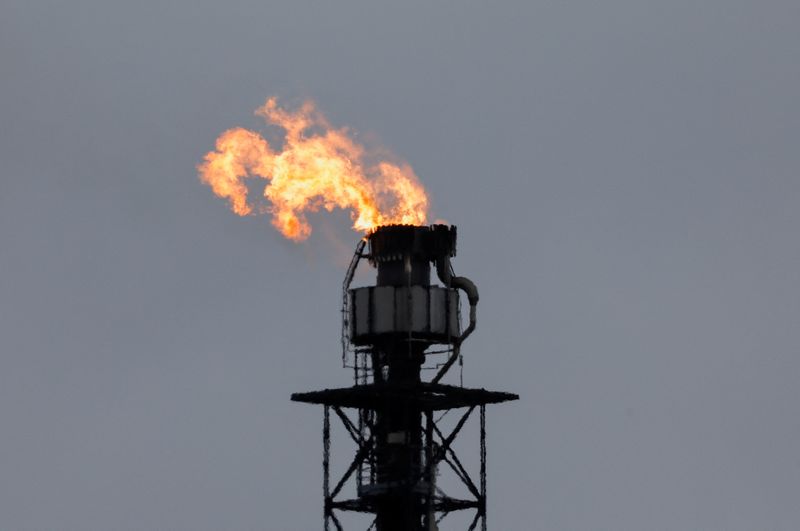Oil majors are betting big on biofuels with over 40 projects by 2030, Rystad says
2024.11.20 12:11
(Reuters) – Major oil and gas companies have ramped up investments in the biofuels sector, betting on sustainable aviation fuel (SAF), with 43 projects expected to be up and running by 2030, consultancy Rystad said in a report.
The energy research firm indicates that investments by industry giants such as ExxonMobil (NYSE:), Chevron (NYSE:), BP (NYSE:), Shell (LON:), TotalEnergies (EPA:), and Eni could add 286,000 barrels per day (bpd) of production capacity.
SAF, produced from waste and residue like used cooking oil or organic crops, emits the same amount of carbon dioxide as kerosene when burned. However, it’s considered less polluting due to its production from leftovers or plants rather than newly drilled oil, which releases additional greenhouse gases.
The aviation industry accounts for nearly 2% of global energy-related carbon dioxide emissions.
“As the energy transition progresses, these biofuels offer a practical, near-term solution to reduce emissions without requiring significant changes to current infrastructure,” said Lars Klesse, analyst of bioenergy research at Rystad.
BP leads the pack with the largest announced production capacity, reaching a combined 130,000 bpd.

Strategic acquisitions, such as BP’s purchase of Bunge (NYSE:) Bioenergia and Chevron’s takeover of Renewable Energy Group (NASDAQ:), have strengthened oil majors’ positions in this space.
Despite its higher cost compared to petroleum-based jet fuel, SAF uptake is gaining momentum. Government mandates are driving investments, with the European Union requiring a minimum of 2% of SAF use in aviation by 2025, and the Biden White House aiming to meet all U.S. aviation fuel demand with SAF by 2050.








